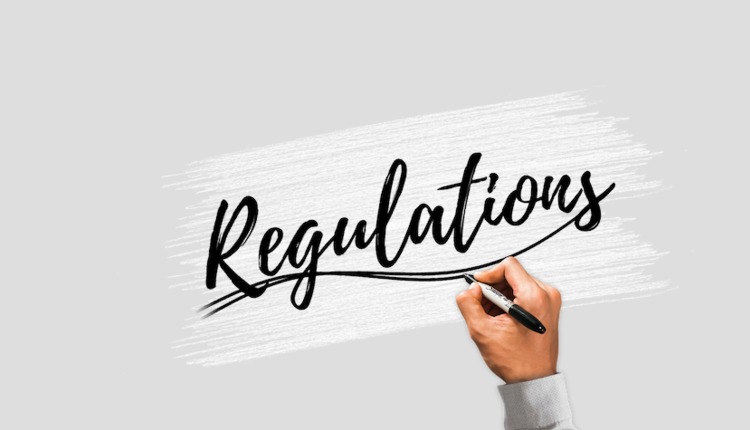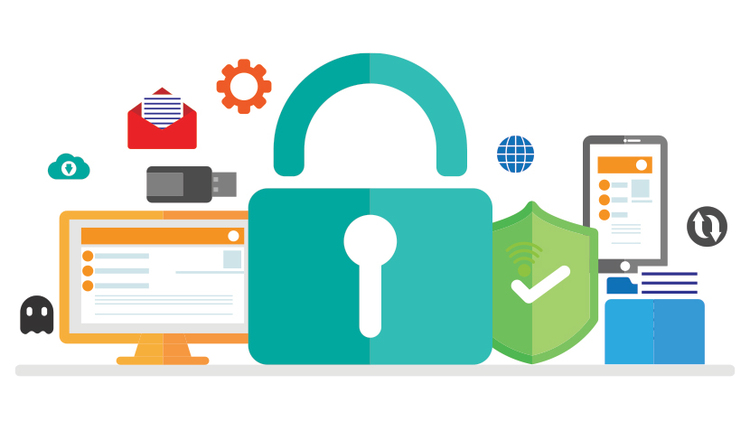On September 19, 2008, Federal Rule of Evidence 502 (a.k.a. FRE 502 or Rule 502) was enacted to address the loud outpouring of complaints from litigants that the litigation costs required to protect against waiver of attorney work product and the attorneyclient privilege had become prohibitively expensive. Rule 502 provides, in part, that inadvertent disclosure in federal proceedings or to a federal agency, such as through the production of privileged communications in discovery, does not operate as a legal waiver if reasonable steps were taken to avoid disclosure. Rule 502 also enables courts and parties to limit the consequences of the waiver.
While it is nothing new that litigants have to endure significant costs in order to protect against the waiver of privileged information, the costs of discovery have increased dramatically in recent years, as the proliferation of email and other forms of electronic recordkeeping have multiplied the number of documents litigants must review prior to production in discovery to protect privileged material. Prior to Rule 502, most litigants viewed pre-production review as necessary because the inadvertent production of even a single privileged document put a party at significant risk. If a privileged document was disclosed, a court could find that the privilege was waived not only as to that specific document, but also to all other documents concerning the same subject matter. Some courts found a waiver even though the party had taken steps to avoid disclosure. In addition, the waiver operated not just in the case in which the accidental disclosure was made, but also in subsequently filed cases. Consequently, litigants were forced to conduct exhaustive and expensive reviews to prevent the inadvertent disclosure of privileged material. The costs of such reviews could be disproportionate to the overall cost of the case and to the significance of the privileged documents.
Rule 502 attempts to alleviate these problems by providing a practical approach to the waiver of privilege while limiting the scope of waiver to the particular litigation at issue. Rule 502(b) is the provision that specifically addresses inadvertent waiver. It provides that disclosures in a federal proceeding or to a federal officer or agency do not operate as a waiver if: (1) The disclosure was inadvertent; (2) the holder of the privilege took reasonable steps to prevent disclosure; and (3) the holder promptly took reasonable steps to rectify the error. Rule 502(b) goes further than Federal Rule of Civil Procedure 26(b)(5)(B), which was adopted in 2006 out of the same concerns over the burden and cost of reviewing electronically stored information. However, Rule 26(b)(5)(B) provided only a mechanism for asserting claims of privilege after a document was inadvertently produced; it did not address whether or not the inadvertent production actually waived the privilege, nor did it limit the scope of waiver.
Rule 502 provides that there is no inadvertent waiver if the disclosing party can show that they took "reasonable stepsbCrLf to prevent and rectify the mistake. Although the Rule does not define "reasonable stepsbCrLf and the courts have yet to clearly define what constitutes "reasonable steps,bCrLf the Advisory Committee's notes to the Rule indicate that a determination of reasonable steps encompasses factors such as the scope of discovery, the number of documents to be reviewed, the reasonableness of the precautions to prevent disclosure, the time constraints for production, the extent of disclosure, the time to rectify the error and the overriding issue of fairness. Perhaps what is most notable for companies that have implemented or are considering implementing various e-discovery initiatives is the fact that the notes to Rule 502 indicate that whether a party uses analytical software applications to screen for privileged documents is a factor that should be considered in determining whether "reasonable stepsbCrLf were taken to prevent inadvertent disclosure. A party's "implementation of an efficient system of records management before litigation may also be relevantbCrLf in determining whether reasonable steps were taken.
Prior to litigation, a party should gain more control of its papers and electronic records by developing a reliable and defensible records management policy. In light of the guidance provided in the notes to Rule 502, there is now an added incentive for litigants to improve their records retention policy and even incorporate the segregation of privileged materials into such policies. Of course, all employees must receive notification of and training on the records management policy in order to ensure that it is effective. The policy should specifically address issues related to litigation, such as compliance with litigation hold notices and the treatment of potentially privileged documents. Members of the legal staff and the records management staff should be given responsibility to make certain that employees are complying with the terms of the records management policy. Having a robust document retention policy not only demonstrates to the court that the party takes its document retention obligations seriously, but also makes preservation and collection of documents in response to discovery requests much more orderly and cost-effective.
Another step a party can take before litigation commences is to implement archiving and/or content management software. The use of archiving software allows a party to have relevant documents in one place in order to streamline document collection and review. It also provides additional protections against inadvertent loss of data in the event employees do not follow the document retention policy. Similarly, content management software enables employees to categorize documents by project, type or content. With such software in place on an enterprise-wide basis, a party has more control over locating relevant documents in response to a document request and segregating privileged documents, which should reduce the costs associated with collection and review of documents.
Once a party is involved in litigation, there are several ways to continue to reduce the costs associated with document collection and review while also taking reasonable steps to protect against inadvertent disclosure of privileged information. A party should determine how experienced their counsel is in the area of electronic discovery. Counsel who is inexperienced in this area may not be aware of opportunities available to reduce the scope and cost of discovery. In working with counsel to develop a discovery plan, consideration should be given to available software tools that allow a party or their attorney to search though electronic data using key words or phrases. These software tools have become quite sophisticated and use advanced algorithms and linguistic tools to provide more robust search capabilities. Careful thought also should be given to the search terms used, particularly for privilege searches. As discussed previously, in the event that inadvertent waiver occurs later in the litigation, the use of these tools could help support an argument that reasonable steps were taken to protect privilege such that protections of Rule 502 should apply.
Litigants should also be prepared to work with their adversaries to develop a discovery plan that is acceptable to both parties. Courts are becoming more forceful in encouraging parties to discuss their discovery issues with one another before bringing them to the court's attention. Issues such as search terms and claw-back agreements in the event of inadvertent production of privileged materials can and should be discussed with the other side before they are brought to the court's attention. The extent of a party's cooperation with the other side will not only reduce costs associated with motion practice, but also will be considered by the court in examining whether "reasonable stepsbCrLf were taken by a party in the event of an inadvertent production of privileged materials.
Finally, a party and their counsel should make certain that the steps they are taking to collect and produce documents are appropriately documented and defensible. In the event of an inadvertent production of privileged documents, the court will ask the disclosing party to demonstrate and prove that they have taken reasonable steps to protect the documents from disclosure. The party should be prepared to make that showing well before the issue arises in order to be in the best position to take advantage of the protections of Rule 502. Although the courts have yet to clearly define what constitutes "reasonable stepsbCrLf to protect against privilege waiver, Rule 502 provides some important protections regarding the scope of waiver in the event of inadvertent disclosure. By limiting the scope of a possible privilege waiver to the litigation at issue and finding no inadvertent waiver where reasonable steps were taken to protect against waiver, Rule 502 provides litigants with a greater incentive to implement an effective records management system prior to litigation and also forgo a document-by-document privilege review in favor of more advanced methods of searching and reviewing documents.
Edwin Larkin [elarkin@winston.com] is a litigation partner at Winston & Strawn LLP, an international law firm, in the New York office. Mr. Larkin is also a vice chair of the firm's e-discovery and electronic information practice group.
Karen Quirk [kquirk@winston.com] is a partner in Winston & Strawn's litigation department, concentrating her practice on corporate internal investigations, SEC enforcement and other regulatory matters. She is also a vice chair of the firm's e-discovery and electronic information practice group.








